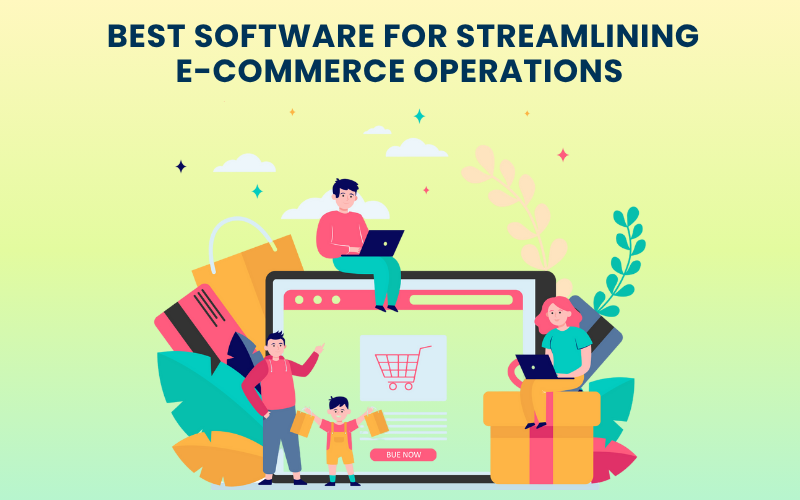Running an e-commerce business can be exciting, but it often comes with endless tasks — from inventory tracking and order fulfilment to marketing automation and customer service.
Fortunately, technology has made it easier to simplify these operations without spending a fortune. Today, affordable software tools can help you run a smooth, efficient online store that saves time and reduces errors.
Whether you’re a small retailer or a growing online brand, the right digital tools can completely transform how you manage your store. Let’s explore some of the best budget-friendly software options for streamlining e-commerce operations and boosting overall productivity.
Best Software for Streamlining E-Commerce Operations
1. Inventory Management Made Easy with Zoho Inventory

For small e-commerce businesses looking to manage inventory efficiently, Zoho Inventory stands out as one of the best low-cost solutions. It allows seamless tracking of products, automates reordering, and integrates effortlessly with major e-commerce platforms like Shopify, Amazon, and eBay.
One of the biggest advantages is its scalability. You can start with the free plan and later upgrade as your sales volume increases. The platform also simplifies order management by automatically updating stock levels and syncing across multiple sales channels. This reduces the risk of overselling and improves customer satisfaction.
If you work with a third party logistics provider, among other software, Zoho Inventory ensures that stock data and shipping updates remain synchronized, providing full visibility into order movement — from your warehouse to the customer’s doorstep.
2. Centralize Operations with Shopify
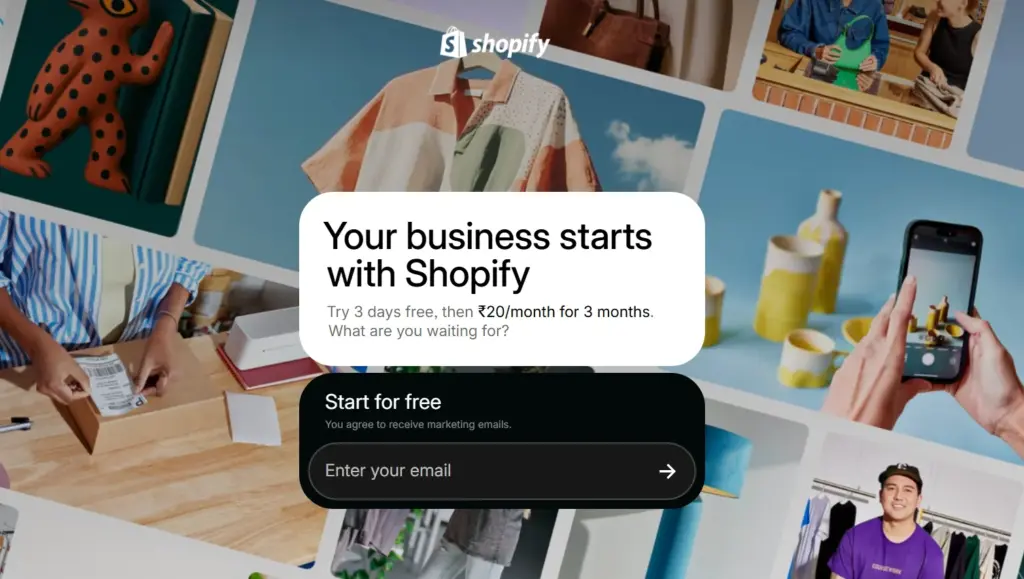
If you’re looking for an all-in-one platform that covers multiple e-commerce functions, Shopify remains a top contender. While it’s commonly known as an e-commerce website builder, Shopify also offers built-in tools for order processing, customer management, payment handling, and analytics — all within a single dashboard.
Shopify’s pricing tiers make it accessible even for startups, and the platform’s vast marketplace of third-party apps allows you to expand functionality as your business grows. From accounting to shipping integrations, you can connect nearly every part of your business without heavy technical know-how.
Its real strength lies in automation. Shopify can automatically generate invoices, process payments, send abandoned cart reminders, and track order fulfilment. For a modest monthly cost, it significantly reduces manual work while maintaining professionalism and efficiency.
3. Simplify Bookkeeping with Wave Accounting
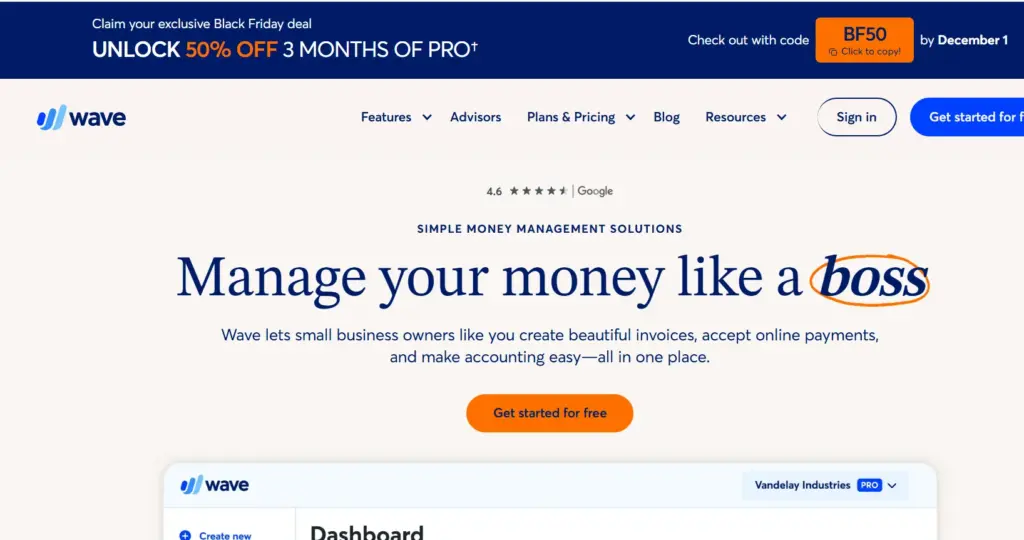
Managing finances is often one of the most time-consuming parts of running an online business. Wave Accounting provides a completely free yet powerful solution designed for small business owners. It helps track income, expenses, and sales taxes while offering clear financial insights through automated reporting.
Wave also includes features for invoicing, payment tracking, and receipt scanning — all of which integrate with your e-commerce store and bank accounts. This means you don’t need to juggle multiple spreadsheets or pay for expensive accounting software.
What’s more, Wave’s intuitive interface makes bookkeeping simple, even for those without an accounting background. With minimal setup, it provides accurate data you can rely on when it’s time to make financial decisions, apply basic data science insights, or prepare for tax season.
4. Enhance Customer Support with Freshdesk
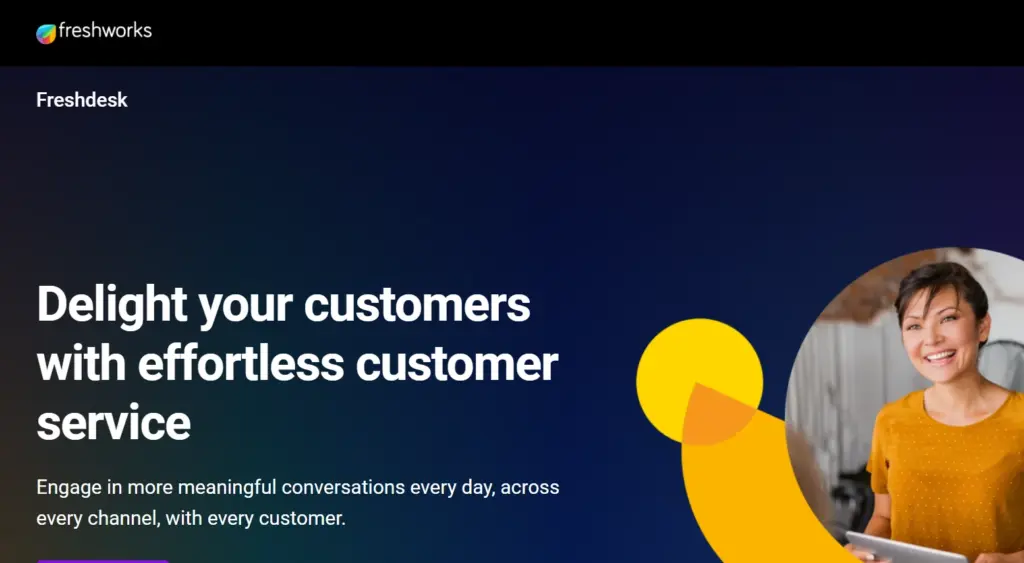
Customer experience is the backbone of any successful e-commerce brand. Freshdesk offers an affordable way to deliver exceptional customer service through its ticketing and automation features.
The software consolidates all communication channels, emails, chats, social media messages, phone calls, & a secure chat server into a single dashboard. This ensures that no customer query slips through the cracks. Its automation tools also help route tickets to the right team members, reducing response time and improving service quality.
For small businesses, Freshdesk offers a free tier that includes essential features such as ticket management and team collaboration. As your company expands, you can scale up affordably to access advanced options like AI-driven chatbots and analytics.
5. Optimize Shipping and Fulfillment with ShipStation
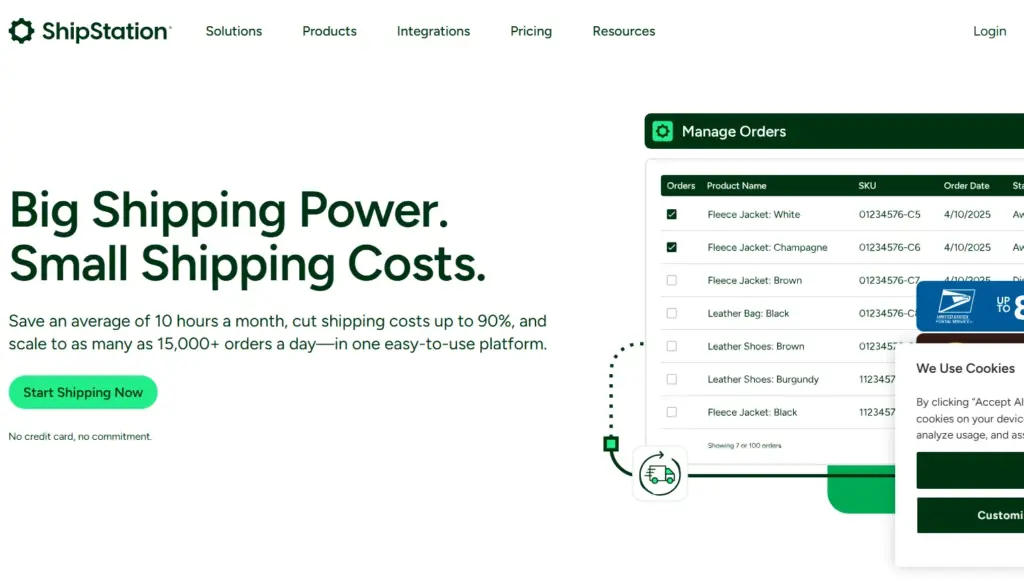
Shipping can be one of the most complex areas in e-commerce operations. ShipStation simplifies it by connecting directly with your online store and automatically importing orders. From there, you can print shipping labels, manage carriers, and track deliveries — all in one place.
ShipStation supports major carriers like UPS, FedEx, DHL, and USPS, allowing you to compare rates and choose the most cost-effective options. Its automation rules make the process even smoother by setting carrier preferences, packaging types, and notification emails automatically.
Even its basic plan offers powerful tools for small e-commerce businesses that want to reduce fulfilment errors and speed up delivery without investing in expensive enterprise systems.
6. Automate Marketing with Mailchimp
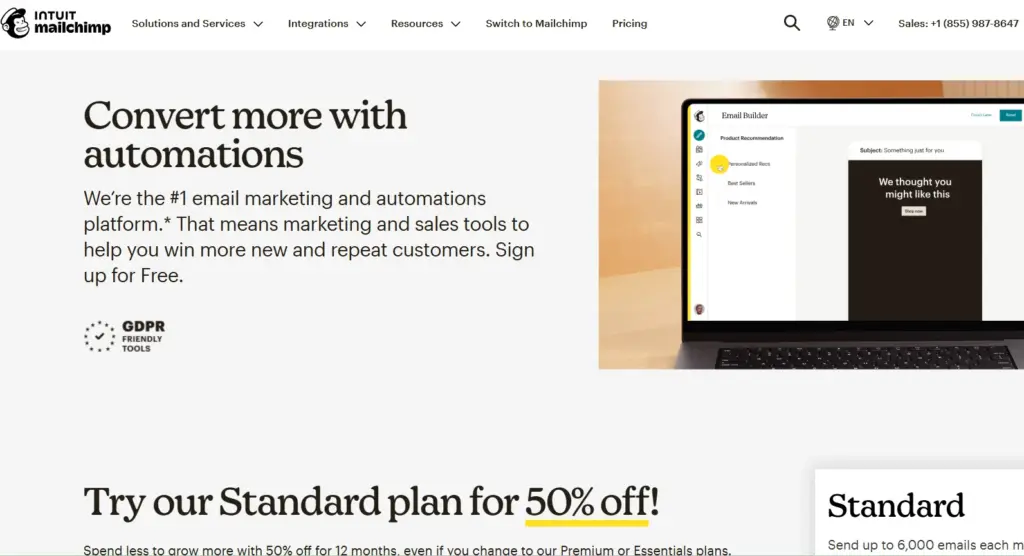
Marketing automation doesn’t have to come with a huge price tag. Mailchimp remains a trusted, cost-effective option for email marketing and customer engagement.
The platform’s free plan lets you create professional campaigns, segment your audience, and analyze open and click rates. Mailchimp also integrates with platforms like Shopify and WooCommerce, enabling you to send product recommendations, promotional emails, and abandoned cart reminders automatically.
7. Ensure Global Compliance Seamlessly with WPLP
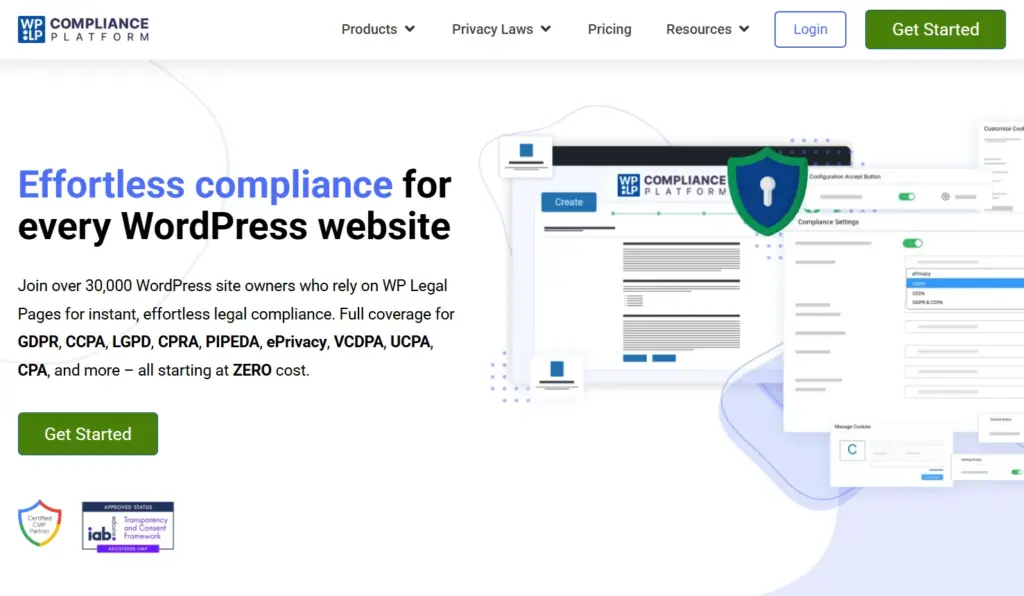
Legal compliance often gets overlooked in e-commerce, but ignoring it can lead to costly mistakes. WPLP Compliance Platform makes it simple for online stores to stay compliant with global privacy laws like GDPR, CCPA, and LGPD – without hiring legal experts or juggling multiple tools.
It lets you generate essential legal pages (Privacy Policy, Terms & Conditions, Refund Policy, etc.), manage cookie consent banners, and automatically update your site as laws evolve. For multi-store setups, features like consent forwarding and cookie settings export/import help replicate configurations effortlessly.
For small to mid-sized e-commerce businesses, WPLP offers enterprise-grade compliance automation at a fraction of the cost, helping you stay legally covered, build user trust, and focus on growing your store.
8. Streamline printing business operations with DesignNBuy
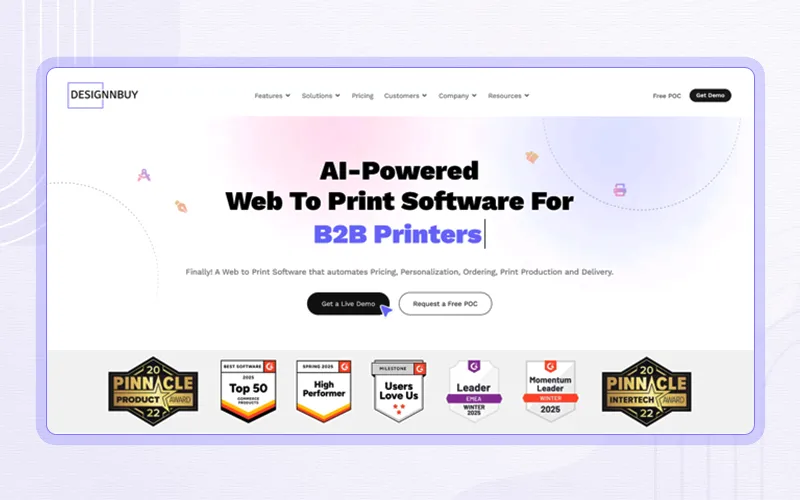
DesignNBuy provides a powerful, all in one solution dedicated to printing eCommerce stores, ideal for large printing service providers aiming to offer personalization without complicating any printing or order related operations. The product personalization tool integrates directly with major platforms like Shopify, Magento, WooCommerce, BigCommerce and more, making it easy to add custom product design capabilities to an existing store.
With DesignNBuy’s web to print software, customers can design their own products using a built-in drag-and-drop designer, access a rich asset library (templates, fonts, clipart), or even harness AI for image generation and background removal. On the backend, it automates design proofreading, pre-flight checks, imposition, and outputs print-ready files (CMYK, bleed/cut-marks included). The tool streamlines order-to-production workflows, reducing manual handling — a big win for print businesses looking to scale and minimize errors.
Final Thoughts
Streamlining e-commerce operations doesn’t have to mean expensive software or complex systems. With tools like Zoho Inventory, Shopify, Wave, Freshdesk, ShipStation, Mailchimp, and WP Legal Pages, you can create a seamless, automated workflow without breaking your budget.
Each platform brings something valuable to the table, from improving inventory accuracy and speeding up shipping to boosting customer relationships and financial transparency. The key is choosing tools that align with your business size, goals, and budget.
By leveraging these affordable solutions, even small online retailers can compete efficiently, deliver faster, and grow stronger, all while keeping operational costs under control.




